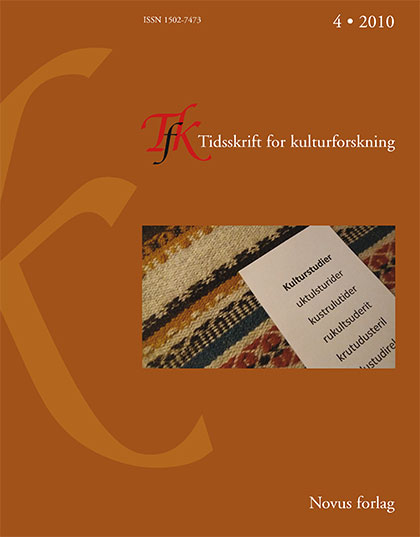Sammendrag
In this paper we discuss the institutionalisation of "cultural studies" and "cultural policy research" as academic disciplines. Cultural studies was institutionalised from inside Academia, initially as an alternative to traditional humanistic disciplines. Despite its humanistic background cultural studies became profoundly influenced by the social sciences and their broad concept of culture. The paper discusses disciplinary characteristics of cultural studies: It appears as an eclectic, radical and social constructivist discipline. The paper also describes the specific phases of the institutionalisation process, i.e. the establishment of centres, academic journals, conferences and study programmes. Cultural studies has a longer history and a broader impact as an academic study programme than cultural policy research. Cultural policy research rather forced itself into Academia from outside, i.e. from the political and administrative world. It has therefore often been looked upon as a low-quality and instrumental discipline. The institutionalisation of cultural policy research closely reflects the development of cultural policy and administration in many countries after World War II. Study programmes have been launched in order to respond to the need for competent personnel in the new public cultural administrations. International organisations also have attempted to develop competent cultural policy research. Since the early 1990s cultural policy research has gone through a gradual "academic turn": Research conferences, referee journals, research projects and study programmes were established. The paper still describes cultural policy research as a multidisciplinary and eclectic discipline that lacks specific canonical texts and theoretical heroes. Cultural studies and cultural policy research have influenced each other. In some respects they also converge: While cultural policy research strives to become more academic and avoid the stigma of "instrumentality", are spokesmen for cultural studies trying to make cultural studies more "useful" by speaking up for educating "cultural technicians".
Forfattere beholder opphavsretten og gir tidsskriftet rett til første publisering av arbeidet. En Creative Commons-lisens (CC BY-SA 4.0) gir samtidig andre rett til å dele arbeidet med henvisning til arbeidets forfatter og at det først ble publisert i dette tidsskriftet.

